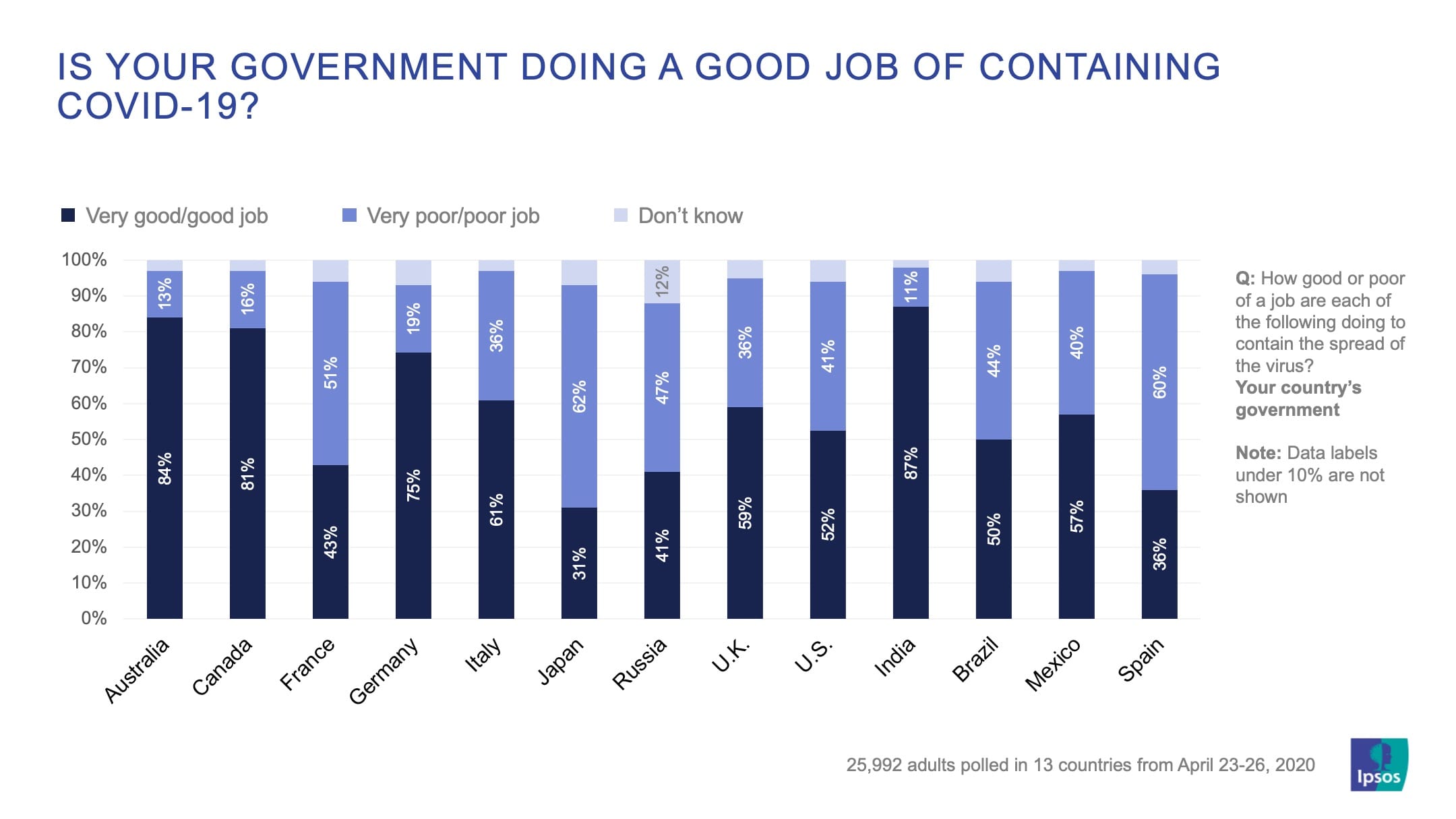We conclude that so long as heritable genome editing interventions are consistent with the welfare of the future person and with social justice and solidarity, they do not contravene any categorical moral prohibition.
Nuffield Council on Bioethics (2018)
This statement changed the existing bioethics view on genome editing. From then, the door is open and nobody knows exactly what does it mean.
In this
article, the authors open the possibilities without knowing exactly its implications:
Two technologies under consideration to tackle this challenge are preimplantation genetic diagnosis (PGD) and remedial germline editing (RGE). Preimplantation genetic diagnosis is an established diagnostic technique, widely deployed today to identify a genetic defect in embryos created through in vitro fertilization, with the goal of transferring only embryos lacking the defect to the mother’s uterus. Remedial germline editing is a novel therapeutic paradigm that has has yet to be applied in the clinic to correct a heritable deleterious mutation in a fertilized egg. We predict that, in time, safe and efficacious RGE will eclipse PGD, the relative shortcomings of which are becoming increasingly apparent.
The final reports of the International Commission on the Clinical Use of Human Germline Genome Editing and the World Health Organization’s Expert Advisory Committee on Developing Global Standards for Governance and Oversight of Human Genome Editing are due later this year.
Meanwhile, take care!







